In November 2017, it was announced that the new dengue vaccine (“Dengvaxia”) had risks…


In November 2017, it was announced that the new dengue vaccine (“Dengvaxia”) had risks…

We report the case of multiple adverse reactions following HPV vaccination in Colombian adolescents…

This systematic review of qualitative peer-reviewed literature from…

Vaccine acceptance depends on public trust and confidence in the safety and efficacy of vaccines and immunisation, the health system, healthcare professionals and…
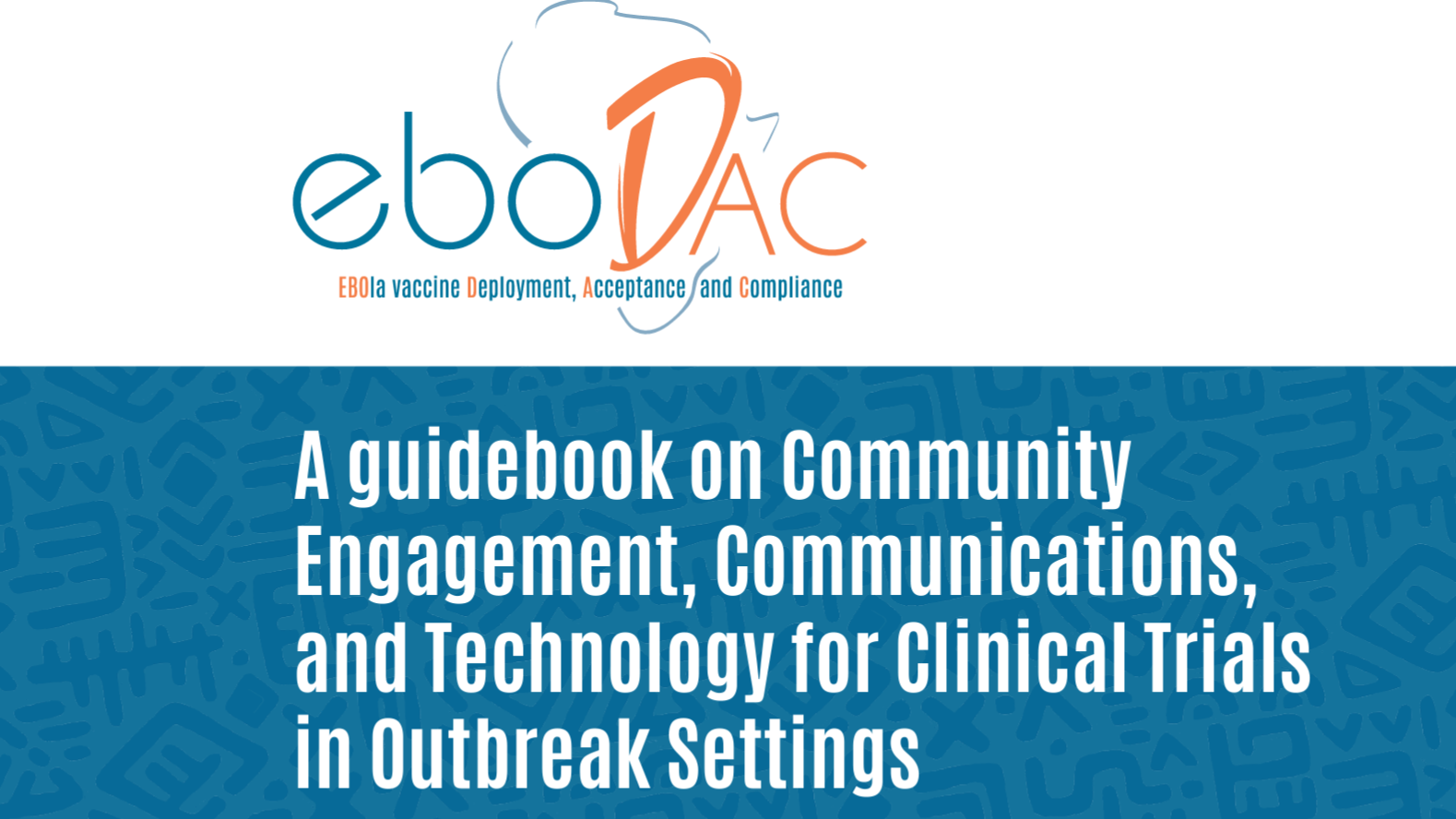
A repository for the knowledge gained during the Ebola outbreak, this guidebook draws upon the experiences…

Commentary on healthcare professional’s confidence in vaccination and their role in addressing vaccine hesitancy in the public

Women bear a disproportionate burden of HIV throughout the world prompting…
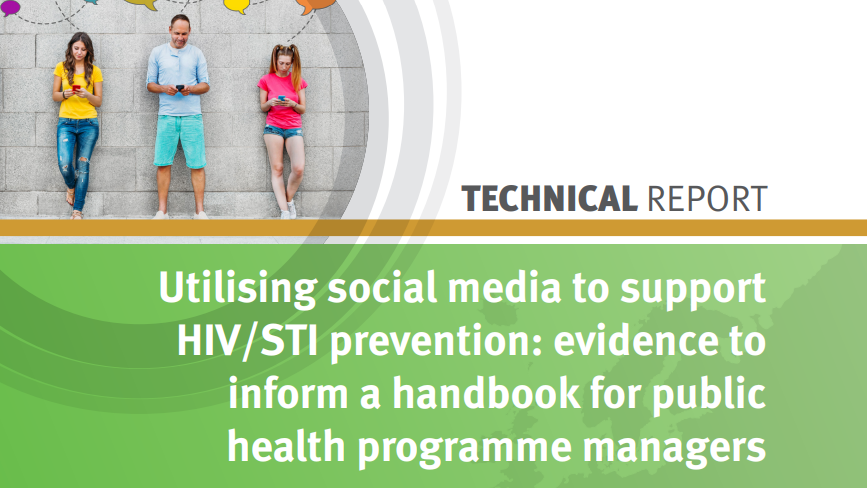
This report frames social media as an important tool not only to communicate, but also to monitor topics of discussion, prevalent sentiments, and define the characteristics of social networks among young people around different topics.
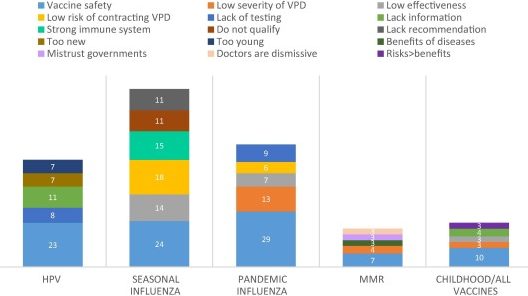
Better knowledge of public concerns about vaccines and what…
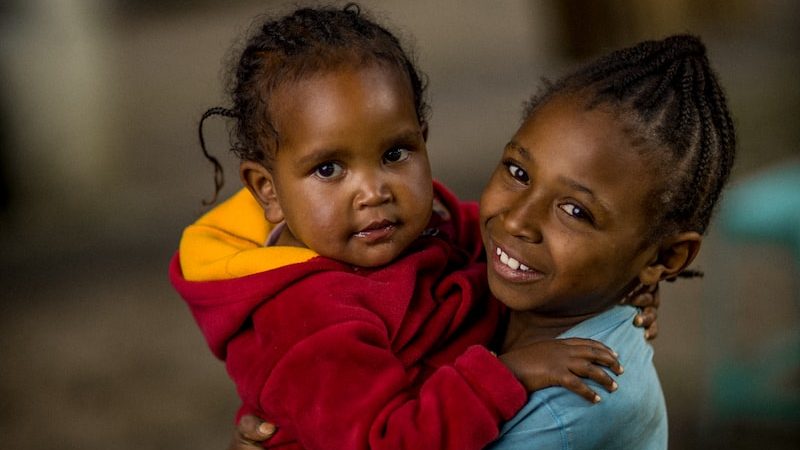
This policy brief summarises key findings from the formative evaluation of the ‘Fifth Child Project,’ which was led by The International…
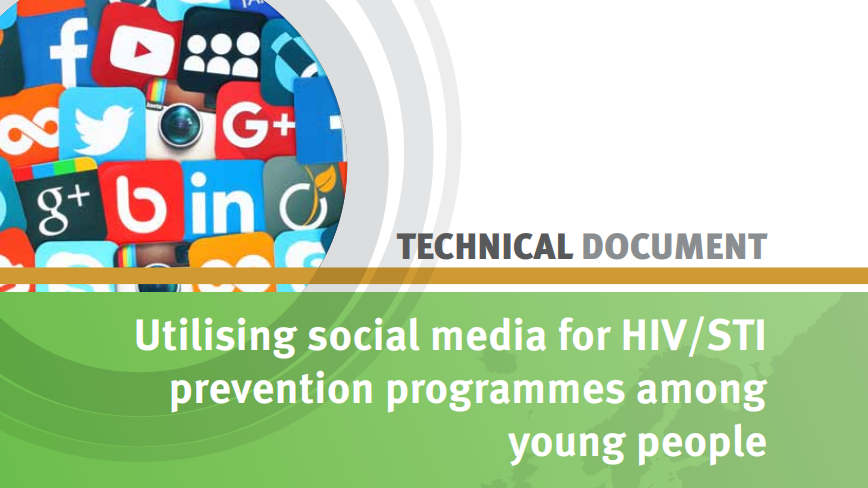
The target audience for this handbook includes public health programme managers working on and with STI/HIV prevention programmes for young people in EU/EEA countries.

This study examined the media messages put forth by different stakeholders in two Ebola vaccine trials that became controversial in Ghana.